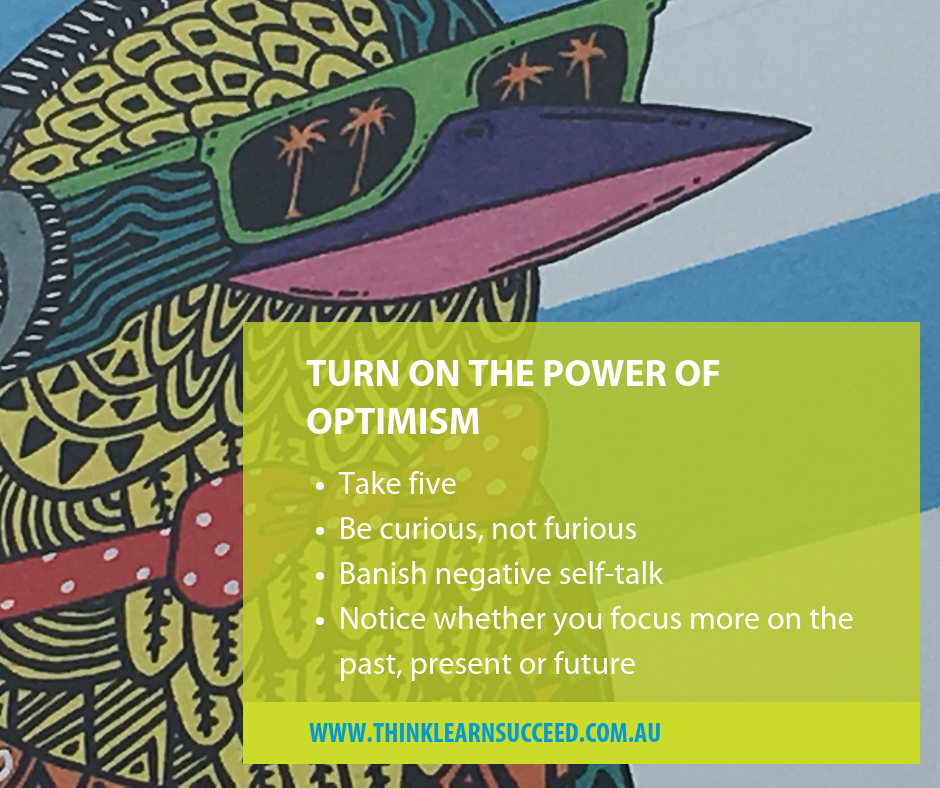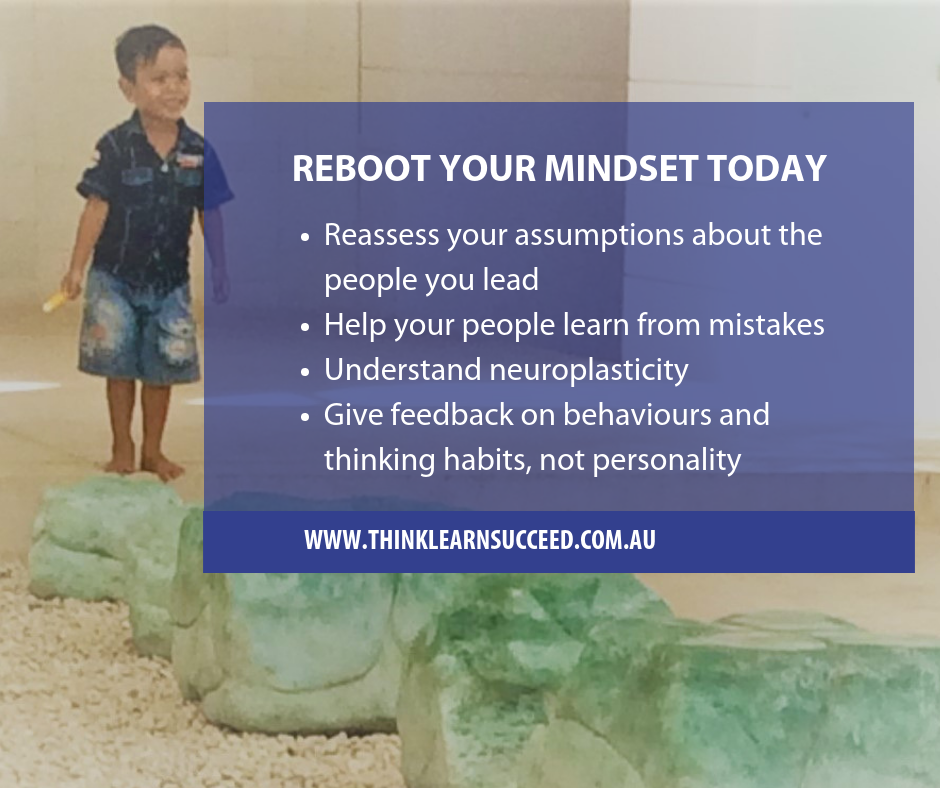 Do you treat yourself with compassion and nurturing care? Or are you too hard on yourself? Your answer links back to your self-esteem
Do you treat yourself with compassion and nurturing care? Or are you too hard on yourself? Your answer links back to your self-esteem
Self-esteem is your confidence in your own worth, and the value you place on yourself. In the 1950s, Carl Rogers developed a model of self-esteem that is useful to this day. He said that self-esteem measures how much the person you want to be (your ideal self) aligns with who you believe you are (self-image).
So, how well does your ideal self-align with your self-image? Let’s find out. Here are four behaviours that indicate you have appropriate levels of self-esteem.


 Do you see the glass as half-empty or half-full? Are you a pessimist or an optimist? It’s a classic debate. Optimism is a ‘feeling of hopefulness and confidence about the future or the success of something.’ It’s the belief that things will turn out okay, even when you have no evidence to back it up. Compared to pessimists, people who have optimistic mindsets handle change more resiliently, report higher levels of general well-being and solve problems more creatively.
Do you see the glass as half-empty or half-full? Are you a pessimist or an optimist? It’s a classic debate. Optimism is a ‘feeling of hopefulness and confidence about the future or the success of something.’ It’s the belief that things will turn out okay, even when you have no evidence to back it up. Compared to pessimists, people who have optimistic mindsets handle change more resiliently, report higher levels of general well-being and solve problems more creatively. 70% of high achievers live in persistent fear of people finding out that they “don’t have a clue” what they’re doing. Despite evidence to the contrary, such as hard-earned degrees or a proven track record, they still attribute their achievements to luck, fate or simply good timing.
70% of high achievers live in persistent fear of people finding out that they “don’t have a clue” what they’re doing. Despite evidence to the contrary, such as hard-earned degrees or a proven track record, they still attribute their achievements to luck, fate or simply good timing. With ‘positive thinking’ being constantly touted in pop psychology, do you find yourself feeling guilty about your negative emotions? Don’t be. Your perceived ‘negative’ or uncomfortable feelings are just as important as the positive ones in helping you evaluate your experiences and make sense out of life’s complexity.
With ‘positive thinking’ being constantly touted in pop psychology, do you find yourself feeling guilty about your negative emotions? Don’t be. Your perceived ‘negative’ or uncomfortable feelings are just as important as the positive ones in helping you evaluate your experiences and make sense out of life’s complexity. Knowing what your signature strengths are, can boost your well-being – and it’s boosted even further when you regularly utilise those strengths. Leaders and managers are now regularly using character strengths exercises to help employees become more engaged, productive and happy.
Knowing what your signature strengths are, can boost your well-being – and it’s boosted even further when you regularly utilise those strengths. Leaders and managers are now regularly using character strengths exercises to help employees become more engaged, productive and happy. Have you ever been advised to “do what you love and success will follow”? This may be more than just cliché. When you’re doing what you love, you are likely to be using your signature strengths. This means that you are not only doing what you’re good at, but you are at your happiest as well.
Have you ever been advised to “do what you love and success will follow”? This may be more than just cliché. When you’re doing what you love, you are likely to be using your signature strengths. This means that you are not only doing what you’re good at, but you are at your happiest as well.
 Why do you do the things you do? What is it that drives your behaviour? Motivation does.
Why do you do the things you do? What is it that drives your behaviour? Motivation does.